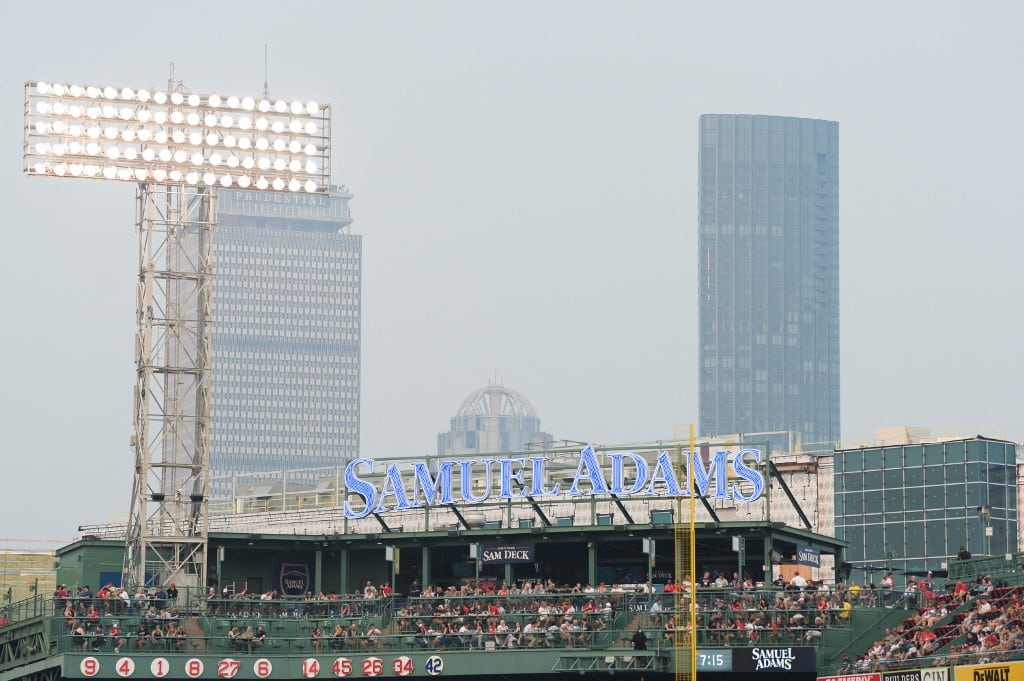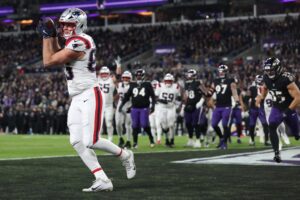
The Massachusetts Gaming Commission recently invited licensed sportsbook operators in the Bay State to participate in a roundtable discussion on the imposition of betting limits that are often perceived as arbitrary or capricious by their customers.
Invitation Not Accepted
The Massachusetts Gaming Commission (MGC) has received enough feedback from sports bettors in the Bay State to warrant a substantive discussion on sports betting operators imposing severe betting limits on those customers who win enough money to merit a reduction. How much money a bettor can win before that happens is unclear and it varies from sportsbook to sportsbook.
This is why the MGC felt the issue deserved clarification, and who better to clear up this nebulous topic than the sportsbooks themselves? However, none of the active sports betting platforms operating in the Bay State accepted the invitation but Samantha Haggerty, Deputy Chief Compliance Officer for Penn National, parent company of ESPNBET, wrote the following:
“Penn may limit a patron for various reasons, including taking advantage of manipulating the sportsbook or abusing promotional play,” wrote Haggerty.
Why the Absence?
As to why representatives from other sportsbooks failed to attend, it appeared to revolve around proprietary information and trade secrets. A spokesperson for DraftKings said in a statement that “any meaningful discussion on wagering limits would necessarily involve the disclosure of DraftKings’ confidential risk management practices and other commercially sensitive business information.”
The only sportsbook operator in attendance was Justin Black of Bally’s Interactive, a licensed Massachusetts sportsbook but one that has not yet launched in the state. Other operators not in attendance agreed to meet with the MGC in a private executive session but the Commission declined.
Due to a lack of transparency, Massachusetts General Counsel Todd Grossman said, “there is no clear and safe way to enter into executive session in the circumstances to discuss this particular information.”
People Are Talking
The MGC understands that customers who are cheating the books or misusing promotions can be limited or even banned. But the concern is that winning bettors who are not exploiting their sportsbooks are getting limited to as low as $5 maximum bets. Should this become the norm, then the MGC is concerned it will drive bettors back into the black market of offshore sports betting sites, thus reducing taxable revenues for the state.
Acting MGC Chairman Jordan Maynard said enough evidence supported the contention that “some operators limit bettors who routinely win.”
“Some claim they were not in violation of house rules, state laws or regulations, or other authorized acts when they were limited. It was the understanding of the MGC team that operators have the right to limit their risk by blocking those attempting to circumvent the rules. If a player is violating rules, laws, or regulations, they should not be welcome to access a market,” Maynard said. “That said, many at the MGC, myself included, were wondering if there were patrons who were wagering honestly who were being limited.”
“There is a worry that if we have operators limiting patrons who are playing by the rules, that limitation will naturally incentivize those players to turn to the illegal market,” he said.
Sharp Bettors Being Limited
Alec McCarren, a Massachusetts sports bettor, told the Gaming Commission of his experience. “After I started sports betting and winning, I had restrictions and limits placed on my accounts by sportsbooks. On some platforms, I cannot bet more than $5 at a time. I didn’t take advantage of any system — I have specialized knowledge about sports and work with modeling sports outcomes. The sportsbooks will limit smart bettors playing within the rules, but offer predatory VIP programs and invest a ton in targeted advertisements to bettors that consistently lose, fueling addiction to fuel their profits. They can’t have it both ways,” said McCarren.
Penn Entertainment addressed the possibility of the MGC implementing rules against limiting players’ betting limits by saying, “[A] law or regulation prohibiting or limiting operators’ ability to allow limits would lead to a large reduction in the amount of wager opportunities offered, reduced limits for all patrons (rather than just individual patrons who are manipulating or abusing the system), less sports and leagues available to wager on, and potentially, a reduction in available operators entirely.
“The typical, recreational bettor would experience a vast reduction in betting options if such a law or regulation were put into place. The result would be a less competitive product offering for the customer and reduced revenues for the Commonwealth.”






